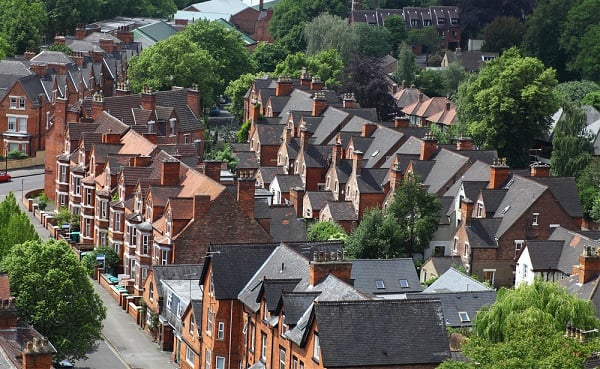 A town planner helps communities, companies and politicians to decide the best way to use land and buildings.
A town planner helps communities, companies and politicians to decide the best way to use land and buildings.
A planner’s main aim is achieving sustainability. This means balancing different social, environmental and economic issues when official decisions are made on whether a piece of land is built on or not. Another way to describe this job is 'making places', such as towns, for people to live and work. Planners do not construct buildings but recommend how and where buildings should be built, what they should be used for and how they should fit into the local surroundings. Our About planning guide gives you a taster of what you could do.
You can meet planners doing varied and exciting planning roles here.
Planners are known by many names
• Town and country planners
• City planners
• Land use planners
• Spatial planners
• Urban designers
• Environmental planners
• Development planners
Projects and responsibilities
• Making sure people have access to homes, jobs and facilities such as schools, hospitals and open spaces
• Designing new towns, garden cities or villages
• Balancing the needs of communities, businesses and the environment
• Setting out and using development rules and guidelines across the country
• Protecting buildings and areas that are of environmental, historical or architectural importance
• Preparing and assessing applications for new buildings, masterplans or land uses
• Meeting architects and local people, explaining ideas and proposals, and listening to other people’s views
• Marking up suitable land for development and making sure it becomes available
• Presenting to committees and meetings on planning proposals
• Managing and leading different projects at the same time
Who planners work with
Planners work with construction professionals such as builders, architects and engineers as well as the local community. The community includes politicians, businesses, shops, schools, older residents, families and young people.
Where planners work
Planners work for many types of organisations in the public, private or voluntary sectors, or are self-employed. You could get a job with local government departments, national government agencies, large engineering or transport firms, private development consultancies, house builders, energy companies, universities, environmental think-tanks, charities and aid organisations.
What being a Chartered Town Planner means
Becoming a Chartered Member of the Royal Town Planning Institute (the RTPI) - which was given its title by Her Majesty The Queen Elizabeth II - means you are fully qualified, can officially call yourself a Chartered Town Planner and put the professional letters 'MRTPI' after your name. This can help advance your career because it is:
• The hallmark of professional expertise and integrity,
• Recognition of high-quality skills,
• An achievement that is recognised around the world, and
• A way to increase your employability.
